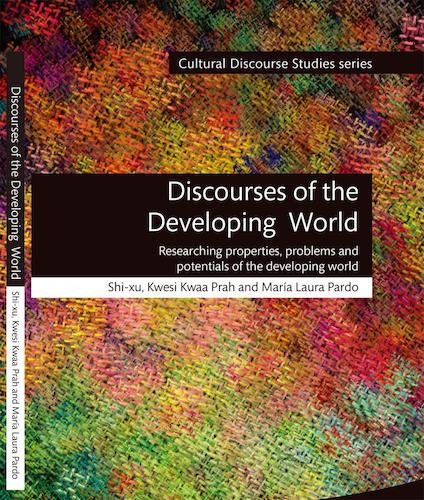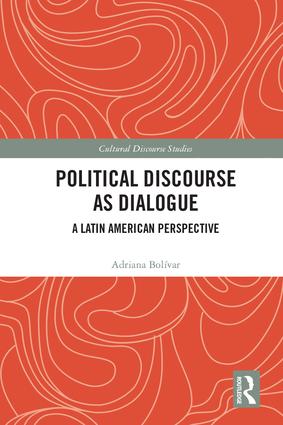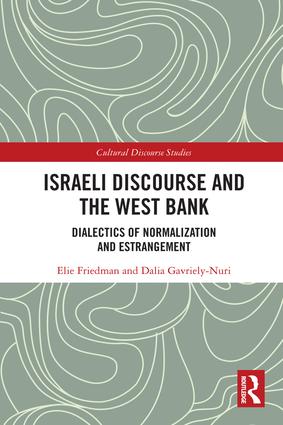Cultural Discourse Studies series
Against the backdrop of overwhelming discourse scholarship emanating from the Western cosmopolitan centres, this volume offers a development-centred approach to unfamiliar, marginalized or otherwise disadvantaged discourses of the Third World or the Global South. Written by leading researchers based in Asia, Africa, and Latin America, respectively, this book reconstructs Eastern paradigms of communication studies on the one hand and explores the discursive problems, complexities, aspirations, and dynamics of the non-Western, subaltern, and developing societies on the other. As methodological principles, the authors i) adopt the cultural-political stance of supporting cultural diversity and harmony at both academic and everyday levels, ii) draw upon Asian, African, and Latino scholarship in critical dialogue with the existing mainstream traditions, and iii) make sense of the discourses of Asia, Africa, and Latin America from their own local as well as global, historical and intercultural perspectives. This book will particularly appeal to scholars and students in the fields of discourse studies, communication and cultural studies, and development studies.
We are witnessing the collapse of democracies in many parts of the world and a general tendency to the resurgence of right-wing and left-wing populisms led by authoritarian leaders. This book centres on the political dialogue in one of these democracies. The focus is on Venezuela, the rich Latin American oil producing country, and its transformation from a stable democracy to a very unstable and controversial revolution in which the dialogue has been occupied by only one party for 18 years. The central characters of the book are Hugo Chávez, who remained in power for 14 years as the main speaker and controller, and the people who either followed or opposed him in Venezuela and other countries. Contrary to critical analyses which are mainly based on social representations that conceive dialogue as implicit or normative, this book proposes a dialogue-centered approach, which articulates linguistics, conversation analysis, socio-pragmatics and political science from a critical perspective, and offers the theoretical foundations and procedures for analysing micro dialogues between specific persons and the macro social dialogue, which unveils the processes of domination and resistance to power. The book will be useful for scholars and students of linguistics, media, communication studies and political science wishing to learn more about dialogue in political interaction.
How can irregular political situations, which impact the lives of millions, become normalized? Specifically, within the context of the Israeli-Palestinian conflict, how can 50 years of Israeli control over the Occupied Territories become accepted within Israeli society as a normal, possibly even banal phenomenon? Conversely, how can such a situation be estranged from daily reality, denied any relation to who "we" are? This volume explores these questions through the lens of two central discourses that dominate the Israeli debate regarding the future of the Occupied Territories: 1) Occupation Normalization Discourse, which portrays Israeli control of the territories as a "normal" part of life; 2) Occupation Estrangement Discourse, which portrays this situation as distant from Israeli reality. In addressing these discourses, the authors develop a new methodological tool, Dialectic Discourse Analysis, which examines discourse as a process of perpetual positing and synthesis of oppositions through the discursive construction, differentiation and mediation of self and other. Through this approach, the authors illustrate that these discourses are dialectically constituted in opposition to one another, feeding off one another, each enabling the other to exist. This dynamic has resulted in a fixed discourse, preventing any progess towards a synthesis of oppositions.












